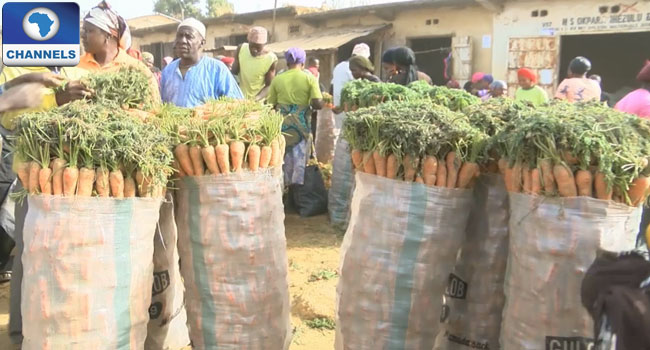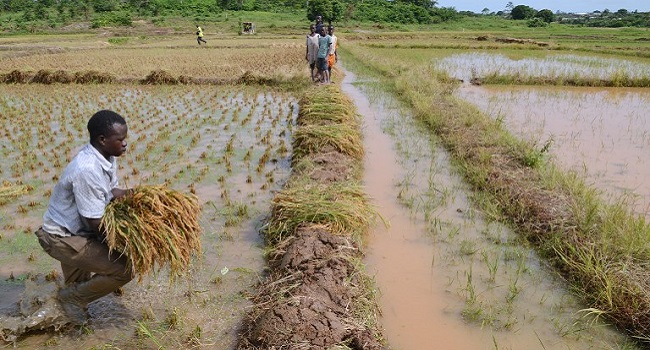
Mr Bayo Durodola, on Tuesday, said that the fact that the Nigerian government was facing challenges in its revenue should constitute a major concern for an average Nigerian.
Revenues generated in Nigeria has been dwindling and the government had attributed it to oil theft.
An average of 87 per cent of the revenue generated in Nigeria comes from crude oil sales.
Mr Durodola also said that the dwindling revenue is affecting, directly, the fiscal sustainability of the economy.
“The public sector contributes an estimated 26 to 30 per cent of the value addition per annum to the nation’s economy.
“The Central Bank of Nigeria statistics suggest that about 17 per cent of revenue loss come directly from losses in oil revenue.
“Losses from non-oil, especially from customs is also 17 per cent,” he explained.
Mr Durodola pointed out that the government was also losing money to the activities of smugglers, which has been on the increase since the government announced some policies that would reduce importation of goods into the country.
The economist pointed out that the government had good policies that would ensure that the economy was diversified.
He said that the backward integration and self-sustainability policy of the government was affecting the country’s ability to generate customs’ revenue.
The Next World Power
“The Agriculture Transformation Agenda of the government is one policy of the government that is yielding results,” he said.
“The policies are affecting the amount of revenue generated from customs, as some of the goods that are no longer imported into the country because of the policies are heavily smuggled into the country,” he said, urging Nigerians to be patient as the nation was going through the ‘J’ curve.
“The policies at the moment will have negative impact on the purchasing power of Nigerians but after a while, when the policies have taken full force on the economy, there will be improvements, he said.
The Nigerian government recently initiated a new automobile import tariff plan aimed at boosting the nation’s automobile industry.
The government is also looking at banning the importation of rice by 2015 to boost the production of rice in the country.
The policies are beginning to yield positive impact as the country has been listed among countries considered as the next world powers.



